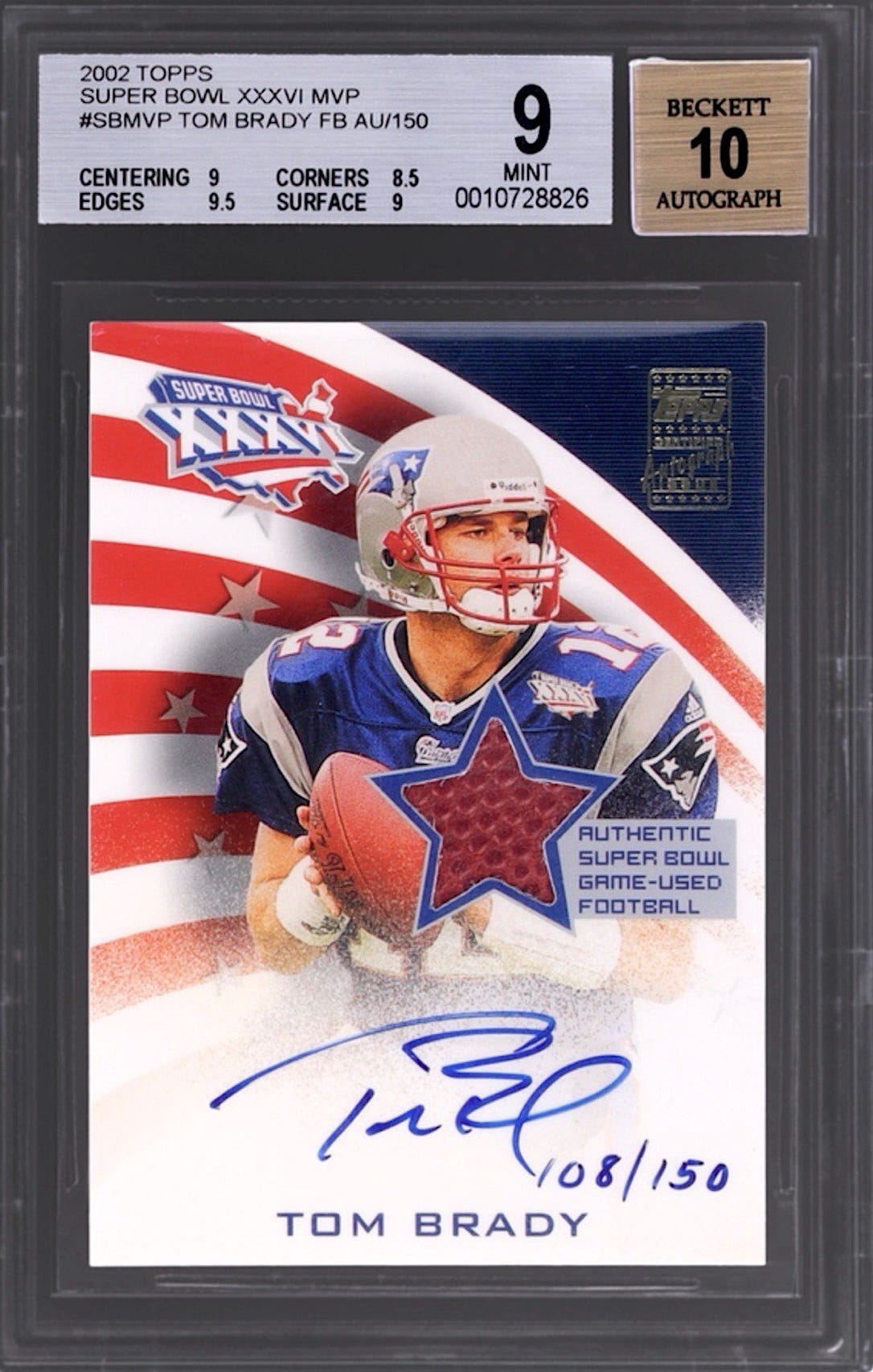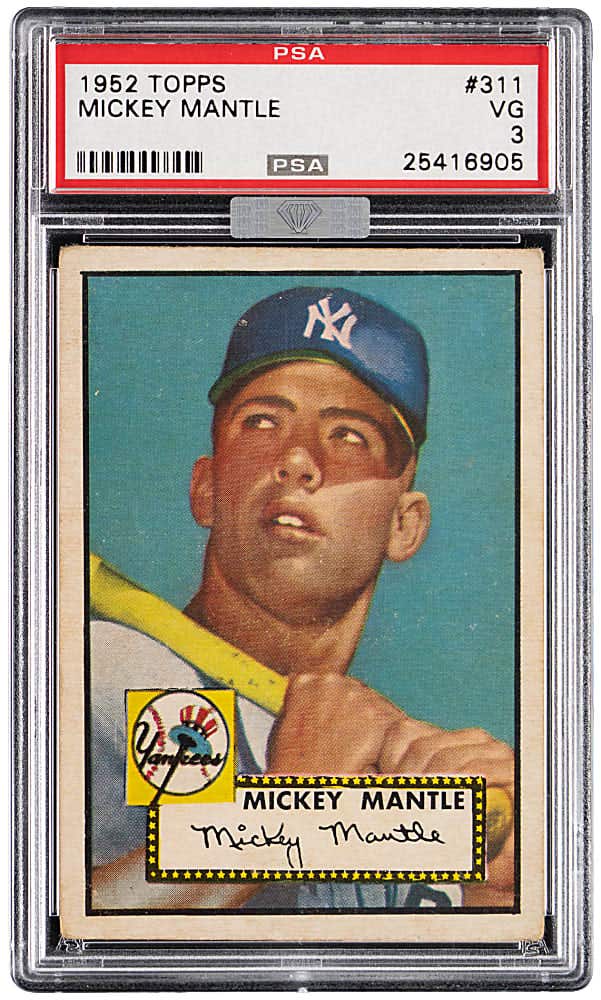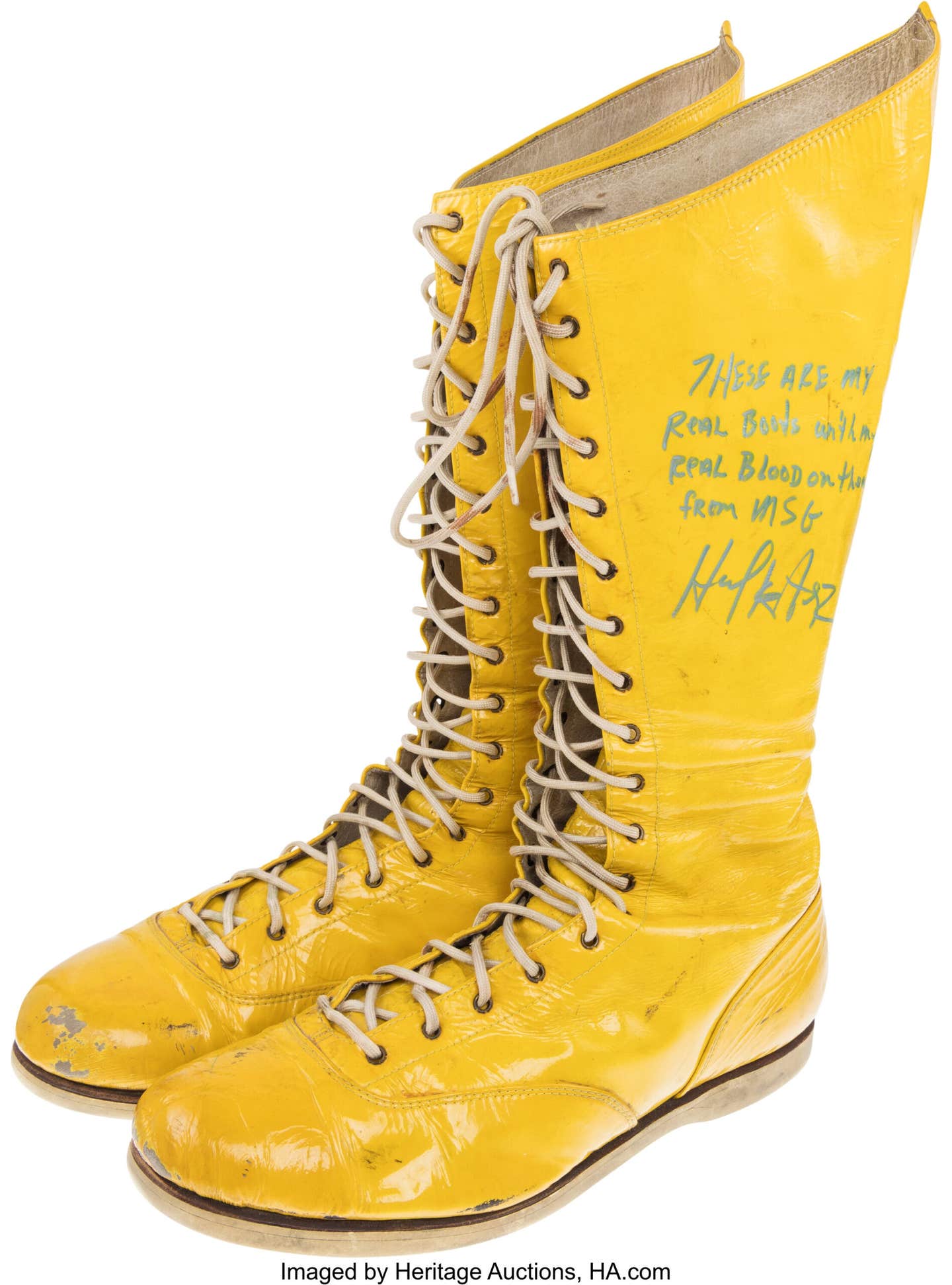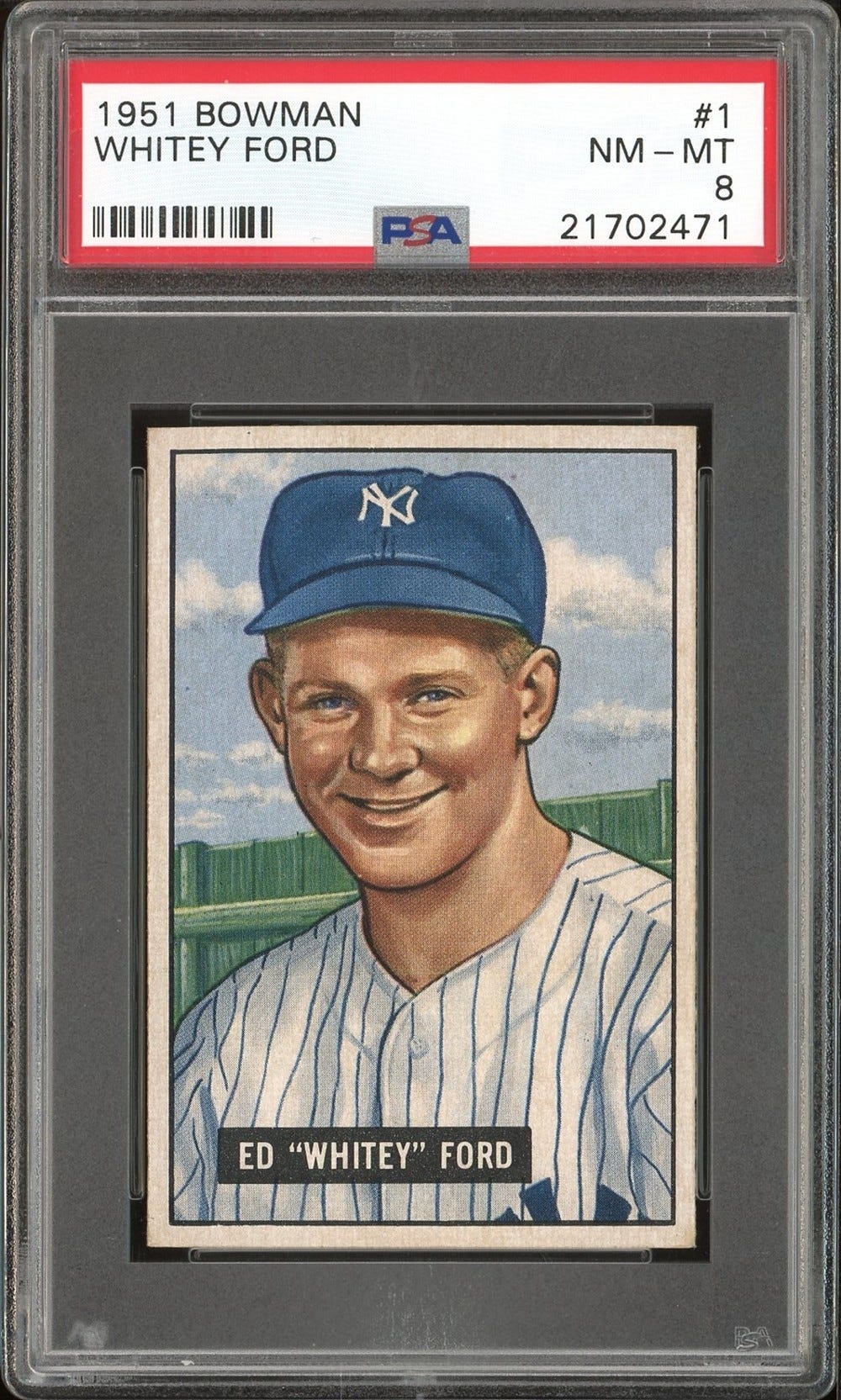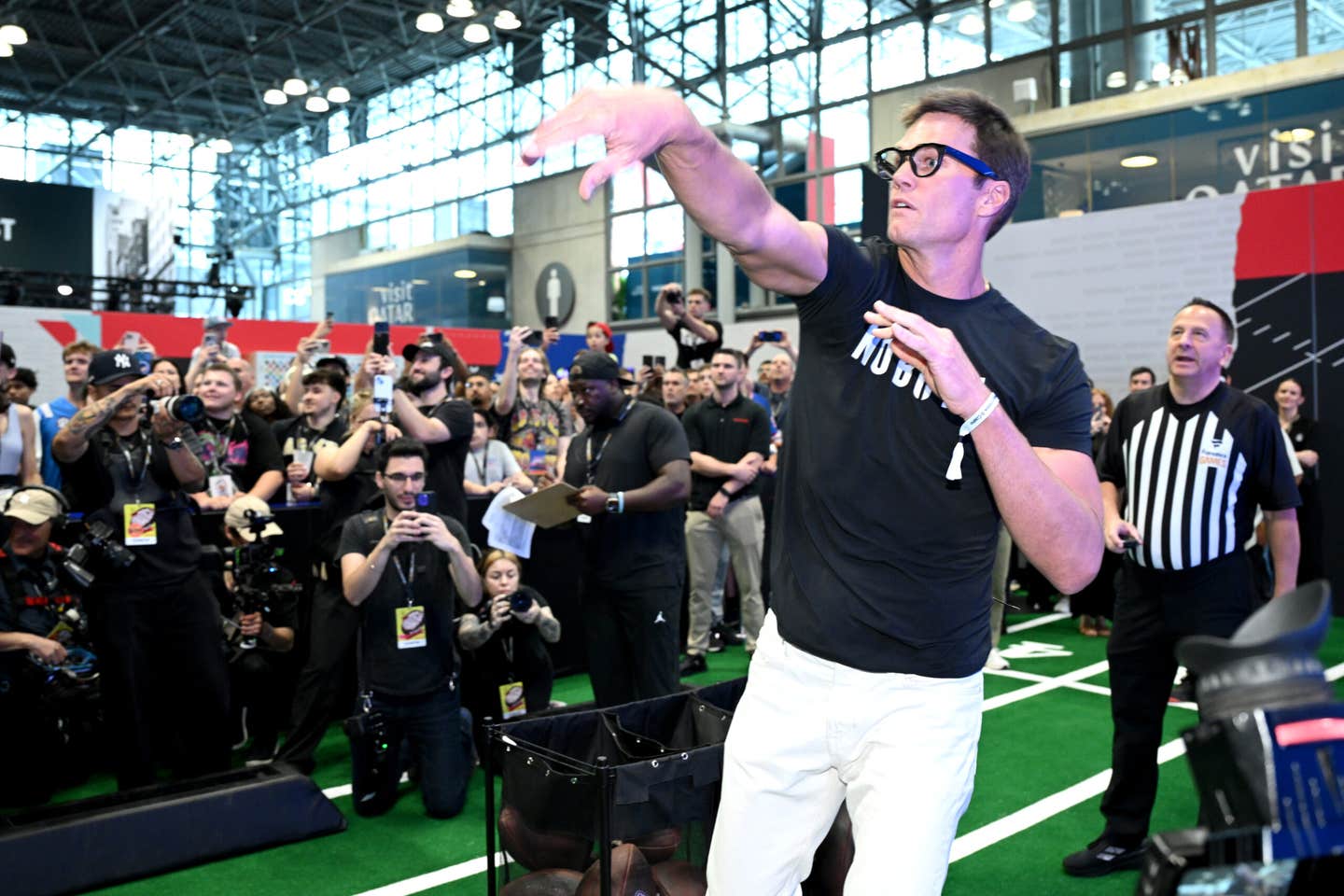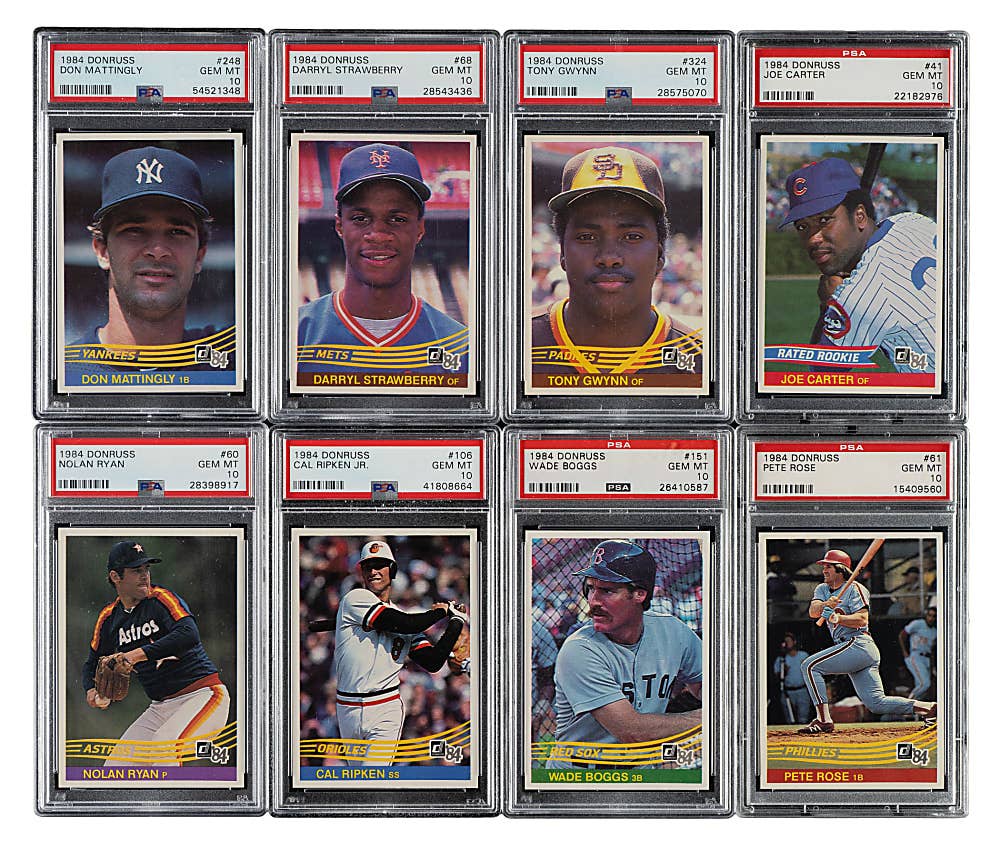Collecting 101
Limmer’s recollections highlight MLB history and h
His wife, Pearl, made lunch on one of those delightfully warm Florida days when one forgets about winter back home in the East. With a clear mind, Lou Limmer proved to be a delightful interview, not only because he could recall so many moments, but because he seemed so unaffected by his celebrity and was happy to share any information he could.
Limmer played two seasons with the old Philadelphia Athletics in the American League in the 1950s, and is credited not only with connecting for the last home run of that organization while in Philly, but also the last hit, both in 1954. The A's moved to Kansas City the next year as baseball exploded into its first relocation period. Only two years before - just prior to the 1953 season - the National League Boston Braves became the first franchise to move in 50 seasons when the team moved to Milwaukee. With the dam leaking, the American League St. Louis Browns moved to Baltimore for 1954, and then it was time for Philadelphia to move and, finally, by the end of the decade, the Dodgers and Giants with the Senators close behind. This was Limmer's time.
Except for a portable oxygen tank he used much, but not all, of the day, it would have been difficult to determine Lou Limmer was sick. He had emphysema, which he insisted was not getting better, and occasionally he would stop talking to catch his breath or just relax.
A moderate smoker at one time, he said his condition was a result of his post-baseball business, which was a refrigeration company. His work involved much spray painting, and safeguards in the 1960s and 1970s were not as stringent as they are now.
He was still a towering figure at 6-foot-2, comfortably above his listed playing weight of 190, yet appearing in good shape. What hair he had left was graying, and although he had just turned 80 on March 10, his mind was sharp and every incident mentioned in his life rekindled a story.
He and Pearl, who lived across the street from him in the Bronx when they were growing up, had been married since 1949. They have two grown boys and four grandchildren. One of Limmer's sons and his family live in New York. The other is in New Mexico. Daniel, his youngest son, was once drafted by Minnesota, but did not reach the majors.
Lou wore a prominent Star of David on a chain around his neck. On the first day, we ate lunch in his Boca Raton condo. We talked for more than three hours, and he seemed to get stronger the longer we visited, although he did tire a little at the end. I told him I wanted to return the next day to get his story in a more chronological order. He said fine.
The next day, he appeared to be even stronger than the day before, and the interview stretched to about two hours. A little more than halfway through, he took off his oxygen tubes and told stories better than ever. He remembered names and places, failing only a few times to recall a teammate or opponent's name, and only occasionally getting chronology out of order.
The interviews were held Jan. 10-11, 2005. They were among the most enjoyable interviews I have ever conducted.
Lou Limmer: I pinch hit for Joe Tipton on my first trip to Yankee Stadium as a player and I hit a ninth-inning home run off Vic Raschi. I never touched the ground. I started rounding the bases and Kermit Wahl was on in front of me, looking at the homer that went out, and I almost passed him on the bases. He turned around and caught me, 'cause I would have passed him. He put his hand on my chest and he said, "Wait a minute, you bush SOB. Relax." And I said, "Hurry up, hurry up, get off the bases."
I wanted to get around the bases. So we rounded the bases and I got into the dugout and (manager) Jimmy Dykes said, "You don't look so good." I was white as a sheet. "You better go in the clubhouse. I think you're going to puke," he said. And I did. I was so excited. That was the greatest thing in the world. Not only that, my family was there.
When we were walking home up the hill after the game, kids asked me for my autograph. When I finished, my mom said to me, "You know, from you, I got nachas (Yiddish for joy or blessing)." That was the greatest thing that happened to me in baseball. Other than that home run, when she said that, that's what you're here for. Your parents are just so proud of you.
When I was a kid I liked the name Tigers, not just because Hank Greenberg played for them. Of course, I was a New York fan, too. I liked the Yankees, Giants and Dodgers. I played two years in the majors, in 1951 and 1954.
A few years ago, my wife and I went to see the picture "Bull Durham." All of the sudden, they sent Kevin Costner back to the minors. I left. I went home. I didn't stay for the finish. That struck home. That hurt me, 'cause I know I was able to play, and I couldn't finish. I never got the chance.
Did I enjoy playing ball? I would do it all over again, even with all the heartaches I had. I grew up in a big family: 12 kids, eight brothers and four sisters. I was the youngest. Three of them were born in the old country, in Austria. My parents moved here well before World War I, but they went back a couple of times.
In the old country, my father, Charles, was a Greco-Roman wrestler. My mother's name was Elizabeth. My father was a waiter. My two brothers, the oldest and next to the oldest, they were wrestlers. They had to make a few extra dollars, so they did wrestling on the side. And my brother, Ralph, was a contender for the middleweight crown in boxing.
My mother used to watch the wrestling and boxing, and one day she went to see my brother box. She didn't like it. Going down the isle to go home, my mother sees him and says, "Itzik - his name was Isadore Ralph, Itzik - he said, "Yeah, mom, I won," and he didn't even have it all out and she gave him a smack across the mouth, and he never fought again. She didn't like that. Somebody else can fight, but not my boy. That was the end of him. She wasn't going to let him fight.
One sister, Sally, was a model for the Powers Agency, and another, Helene, was a New York State swimming champion. My brother, Alex, was a New York State fencing champion and brother Oscar a track star. At one point, he held the world record in the 1,000-yard relay, which they don't run anymore. Oscar also played for the New York (football) Giants before he went into the service. Two other sisters became housewives. Only Ralph (age 86) and Sally (age 88) are still living besides me.
We had an Orthodox home. I mean strictly. Everyone was bar mitzvahed, except my brother, Ralph. He was the run-around. You couldn't find him if you wanted to find him. He wasn't bar mitzvahed until he was 73, in my shul. I was president of my shul for five years. And my brother Ben at the time was 83. And Ralph, who you couldn't find to go to Hebrew school, he became bar mitzvahed at 73. It was in the Bronx. So he was bar mitzvahed next to my older brother, Ben.
We had a strictly kosher home. In fact, when I got married we were strictly kosher because her mother who lived with us 35 years, may she rest in peace, lived with us. But after awhile, I wasn't strictly kosher. But when it came to the meats in the house, everything was kosher. As far as the dishes were concerned, that was a different story. That was my fault. But it was strictly kosher as far as foods were concerned.
We lived in a great big house in Far Rockaway, in Queens. We had a car. The next thing I know, I was living in a tenement house on Washington Avenue in the Bronx. The Depression came. With 10 kids in the house - two of them were married already - we were sleeping three kids in a bed. In the wintertime, it was pretty warm. That's when I found out we were living in a small house.
My dad lost all th at money in the Depression. My brother, too. When you're that young, what did you know? They put clothes on your back and they fed you three meals a day. It's like a baby. Feed me, love me, change me and take care of me. That's all.
My father was listening to the baseball games on the radio and every time he would hear a name - Sam Chapman's name was mentioned - and with the "man," he'd say, "Is he Jewish?" I said "No." He knew Greenberg was Jewish. He said, "Is he Jewish?" I said, "Yeah." And he said, "Then I like the Tigers."
When I was a kid, Greenberg played ball at nearby Crotona Park. I'd run in there and grab a bat and take it away from home plate - we called it jerking the bats. At that time, they had maybe only two bats to a team. But, hey, man, I was there. I just wanted to be with the baseball players.
Years later, Greenberg remembered me for doing that, but we had a problem. When the A's sent me down, he (Greenberg, then Cleveland's general manager) said Cleveland would pick me up. They wanted to buy me. I called him up and said, "Hank, the A's are sending me down. Here's your chance. They're looking to option me out."
He says, "Well, Lou, I let one of their guys go by, they let one of my guys go by." Since that time, I didn't see eye to eye with Hank Greenberg. Although he was a nice guy.
I was a left-handed pitcher and a better pitcher than hitter in semipro games. Well, listen, I was big for my age. In those times in semipro, guys would bet $5 a man or $20 a man, or their teams would bet against one another and put up a jackpot of money. Anyway, I was a pitcher. I was big for my age. I was 14.
Well, one day, it was a late afternoon game on Saturday, and I said my prayers with my father, and I pitched that day. And I not only won and got $25, but I bet on myself, and I came home with $50. My dad called me a bum and said, "Where'd you steal that money from? Did you steal it?" I said, "No, I got it from playing baseball." And he said, "You play baseball?" I said, "Dad, that's what I got." So Sunday, I had to say my prayers also. It made no difference what day of the week it was (to say prayers).
And they called me from downstairs and said, "Hey, Bummy, come on, you gonna play ball?" And my father says, "You gonna play ball today?" And I said "Yeah." And he said, "You go." Before that, he wouldn't let me go play ball. When he found out I was getting paid to play baseball, he said, "Go ahead, you go."
I went to Manhattan Aviation High School and in those days the newspapers picked the better ballplayers in the city and put them in the papers. And my name was in the paper, so the Dodgers sent me a tryout letter. Mickey McConnell wrote me from the Dodgers to come for a tryout at Ebbets Field. They didn't ask my age. They thought I was a senior, because when you're in the paper, they figure it's your graduation year. But I was a sophomore then.
I just started. I hate to brag, but I hit five over the clock in Ebbets Field, which is only 290 feet, but I hit it over there. I out-ran everybody and I out-threw everybody and when it was over and they picked up kids, and they asked how old are you, and they wanted to sign me. I said I was only 14. They said, "Well, you better go home and come back when you're 16." And they sent me home.
When I was a senior, Whitey Ford was just coming in. He was just like me, a left-handed pitcher and first baseman. I went to Nebraska for six months after high school. I had a scholarship to go to any college in the country academically. I didn't have any languages, but everything else was there. I was going to go to medical school, but when they showed me the cadavers, that was it. I couldn't do that. I went home. I was too stupid to follow it (an education) up. I went before I went into the Army.
First, though, I went to Upstate New York, Rome, and pitched with Lynn Lovenguth, who was a pro and later pitched in the majors. It was an industrial league. There was a cable company and a tire factory and an Army air base. And they had baseball teams to have activity for the soldiers and the civilians who were working. And, of course, the International League (Class AAA) was up there at that time.
I was a pitcher then. When I wasn't pitching, I was playing first base. I hit a home run off Lovenguth in one of those games. And, listen, when I was a pitcher, I averaged 15 strikeouts a game. I pitched in four games. I lost one. I was a better pitcher than hitter. I could throw hard. I didn't walk anybody. When it came time to join the service, I wanted to be in the Navy, but I couldn't pass the color-blind test.
They mixed numbers in with different colors. So I stood by and memorized the numbers and got back in line. I don't know if the guy recognized me or not, but I made a mistake. I got so excited, I'd read numbers before they even turned the page. And then the guy took out another book. And I read the numbers and I thought, I'm in, but it was the color blind book. And that was the end of that. I had tried to get into the Navy with my brother, Oscar, but they wouldn't let me. So we both went back to the Air Corps and I became a flight engineer. We got split up after that.
One day in Biloxi, Miss., I was working in the cowling of a B29 when a fire broke out inside as we were fueling. I jumped out of the hold and tore a muscle in my shoulder. That was the end of my pitching career. It's lucky I didn't get hit by the propeller. After that, my shoulder would pop out. When I got up to the big leagues, they didn't know I had a bad arm. I couldn't throw too good. I threw underhand and I threw overhand to keep my shoulder from popping out. Wally Moses taught me how to throw overhand when I got to the big leagues.
They told me if I wanted to shut people up, shut them up with your bat. And that's how I got to the big leagues. I thought the shoulder would get better, but it never did. Today, with an operation, it would have been a snap. I had X-rays taken on it 15-20 years ago and the doctor said, "Did you ever have polio?" I said no. Because now it's all worn out in there. u
(The interview with Lou Limmer will be concluded in a future issue of SCD)



